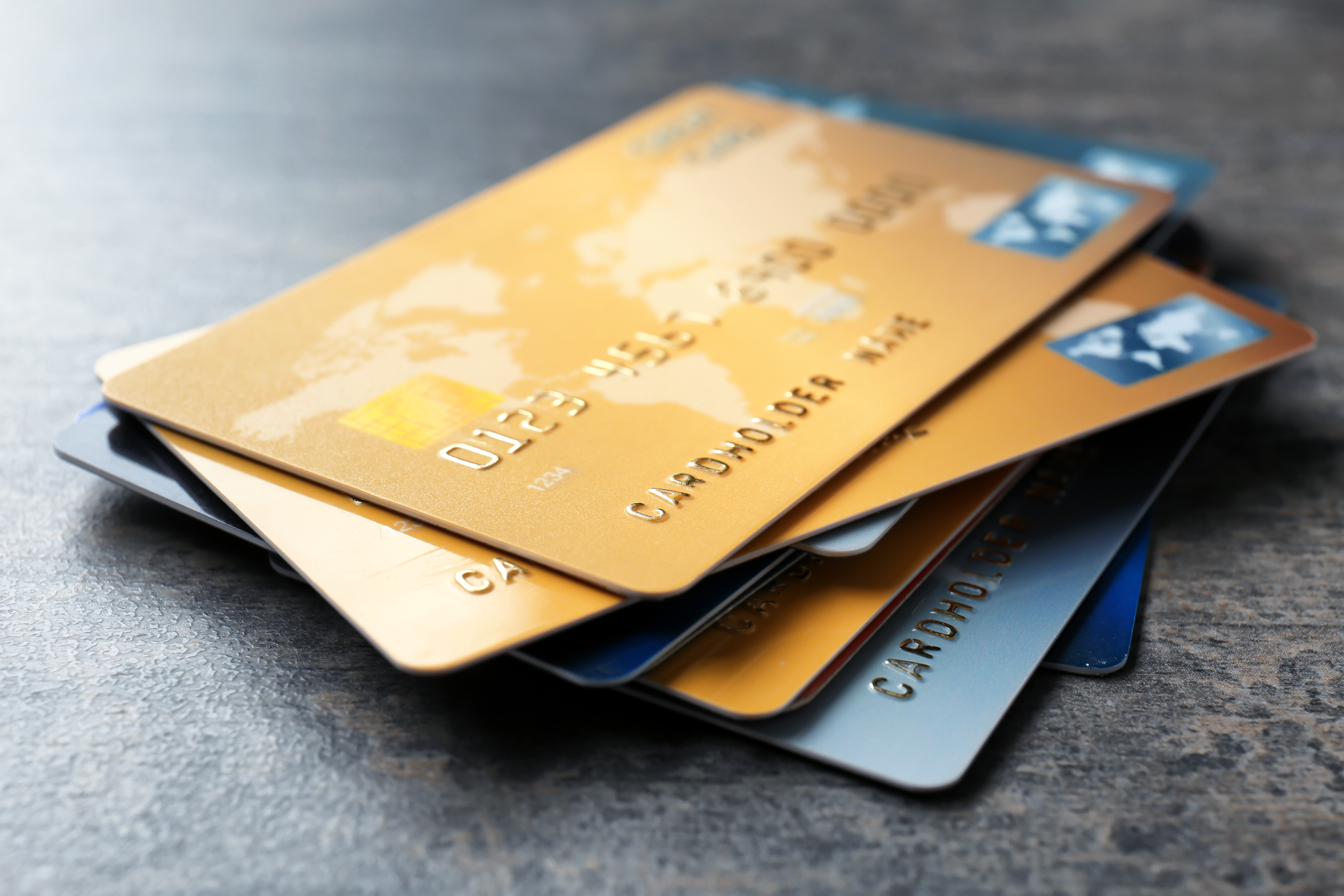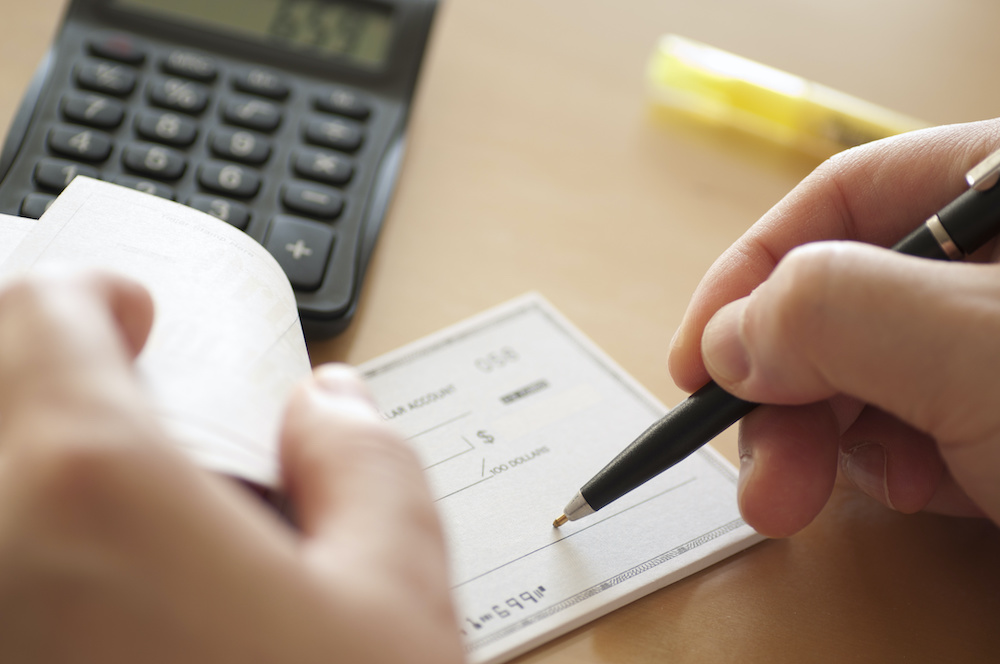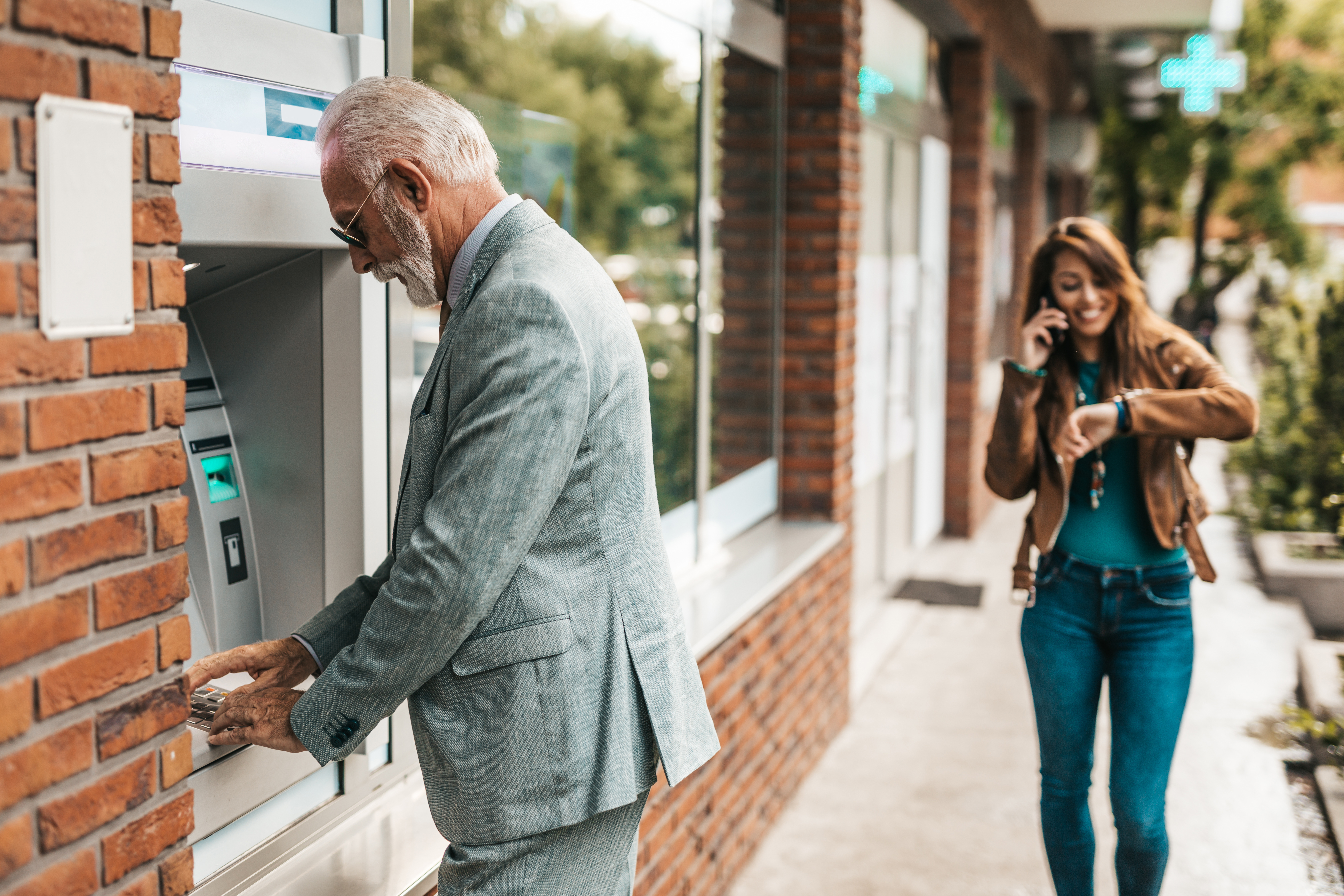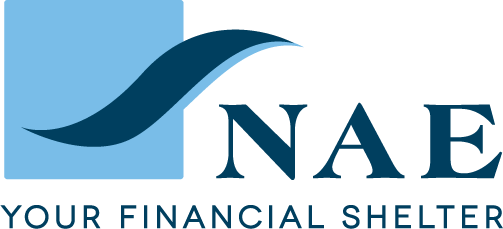NAE FCU will never ask you to provide your account or personal information (such as social security number or address) via e-mail, and will only ask you to provide such information over the phone if you called us. We routinely ask for verification of members who contact us. Never provide your account or personal information to someone you don't know. Contact us immediately if you receive any e-mail or telephone calls requesting your account information. Also contact us if you have questions or concerns about identity theft.
Credit Card Protection

These tips will help you protect your credit cards and credit card numbers from being stolen. Sign new credit cards immediately.
Do not write the PIN for the account on the card or keep it in your wallet with the card. Memorize your PIN as soon as possible. Do not reveal your PIN to anyone not authorized to use the account.
Never sign blank credit card receipts.
Mark through all blank lines on a receipt so that no one can change the final amount.
Check all receipts for accuracy when they are handed back with your credit card before you walk away from the register.
Review your credit card statement as soon as possible. Match charges with your receipts to ensure all charges are yours and are for the correct amount.
Keep a list of all your credit cards, including the account number and phone number of the company. Keep this information in a safe place.
Never give the credit card account number over the phone unless you initiate the call.
Only travel with the credit cards you plan on using.
Avoid giving out account information over a cordless phone. Cordless phones can be easily intercepted by baby monitors and police scanners.
Check Cashing Protection

These tips will help you protect your checks and checking account information from being stolen.
Limit the amount of personal information printed on your checks to your name, address, and phone number. Thieves will look for your account number and any information to verify your identity, such as driver's license or social security number.
Use checks with simple designs, not fancy ones. With fancier check designs it is easier to forge the signature because the signature is harder to read.
Safeguard your blank and canceled checks by putting them in a safe place like a vault. Cut a triangle out of the signature line of canceled checks before storing, so the signature cannot be copied. Never leave your checks in your car or out on your desk at the office.
Write your checks carefully. Don't leave spaces where words or figures can be inserted to change the amount of your check or the identity of the payee.
If you make an error in writing a check, be sure to destroy the check or write "canceled" across it and store it with your other canceled checks.
Reconcile your monthly statements as soon as you can to ensure all transactions are accurate.
If your checks are lost or stolen, report it immediately to your financial institution.
Mark your calendar when you reorder checks and contact us immediately if you don't receive your new checks within 15 working days.
Take your bill payments to USPS instead of putting them in an unlocked drop-box or mailbox. Credit thieves sometimes steal bill payments from mailboxes so they can get the account and check information.
When it's possible, use alternatives to check writing like paying by phone or paying on-line. Fewer checks mean fewer theft opportunities.
Automated Teller Machine (ATM) Protection

Two new scams will try to steal your ATM card and PIN.
Card withholding: Thieves put a substance in an ATM slot to trap your card in the ATM. They will stand nearby and watch you enter your pin. They might even put up a sign that says "If your card gets stuck, enter your PIN three times to retrieve it" so they will have more chances to steal your PIN. They will then wait for you to leave and retrieve your card with a pair of pliers, and use it at other ATMs nearby.
Skimming: Thieves hook up a skimmer or similar device to a Point-of-Sale (POS) device, like a gas pump or ATM machine. When you swipe your card to make a payment, the information on your ATM card's magnetic strip is copied. Thieves then watch you enter your pin, or record it with a camera, and match the ATM card information to the PIN to access your accounts.
These tips will help you prevent your ATM card and PIN (personal identification number) from being stolen.
Do not write the PIN on the card or keep it in your wallet. Memorize your PIN as soon as possible. Do not reveal your PIN to anyone not authorized to use the account.
Never use your date of birth, social security number, license number or street address as a PIN. Those are the first numbers a crook will try.
Inspect the card slot for any residue that might indicate card withholding before inserting your ATM card. If there is residue or a notice about entering your PIN more than once, don't use that ATM.
Cover your hand when entering your PIN.
Don't throw away your ATM receipts at the ATM location. Keep them to reconcile your account, then dispose of them properly when you get home.
Always be aware of your surroundings when using the ATM. If it is late at night, try to use a machine that is well lit and avoid dark, remote locations.
Always make sure to retrieve your ATM card from the machine when the transaction is complete.
Be aware of the person behind you. Make sure no one can see you entering your PIN or how much money you withdraw.
Review your statement promptly to ensure all transactions are accurate. Report any discrepancies immediately.
Destroy old ATM cards immediately after receiving your replacement cards.
Identity Theft Protection

Check your credit report on a regular basis to ensure the information is correct. All members are eligible for three Free Credit Reports each year.
Tear up or shred unsolicited credit card offers immediately.
Never give account information (such as your credit card number) or personal information (such as your social security number) over the phone unless you initiated the phone call.
Review your financial accounts every month. Check statements and other information sent by your financial institution for accuracy.
Act quickly to minimize potential damage and your own liability. Keep a detailed account of conversations you have with authorities and financial institutions.
- Call NAE Federal Credit Union at (757) 410-2000 for immediate assistance.
- Contact the fraud department of one of the three major credit bureaus (Experian, Equifax, and Trans Union) to place a fraud alert on your credit file and ask that your account include a statement referencing the possibility of fraud. The fraud alert requests creditors to contact you before opening any new accounts or making any changes to your existing accounts. As soon as the credit bureau confirms your fraud alert, the other two credit bureaus will be automatically notified to place fraud alerts, and all three credit reports will be sent to you at no cost.
- Close any accounts that were opened fraudulently or might have been compromised. Use the FTC's ID Theft Affidavit when disputing new unauthorized accounts. Follow up with all creditors in writing.
- If your checking account has been affected, close your checking and savings accounts and open new accounts. If your ATM card has been affected, get a new card and PIN.
- File a police report. Provide any documentation that you have collected. Get a copy of the report to submit to your creditors and others that may require proof of the crime.
- Contact the Department of Motor Vehicles (DMV) to see if another license was issued in your name. Request a new number for your license. Fill out the DMV's complaint form.
- If your social security number was used fraudulently, contact the Social Security Administration.
- File your complaint with the FTC. The FTC maintains a database of identity theft cases used by law enforcement agencies for investigations. Filing a complaint also helps them learn more about identity theft and the problems victims are having so that we can better assist you.
- If you think your impostor has filed a change of address with the post office or has used the mail to commit fraud, submit a mail fraud complaint form with the U.S. Postal Inspection Service.
- Check the courts to see if a civil judgment has been entered in your name for actions taken by your imposter. If it has, contact the court where the judgment was entered and report that you are a victim of identity theft. If you are wrongfully prosecuted, contact the state Department of Justice and the FBI.
- Monitor your accounts closely for any further fraudulent activity.

